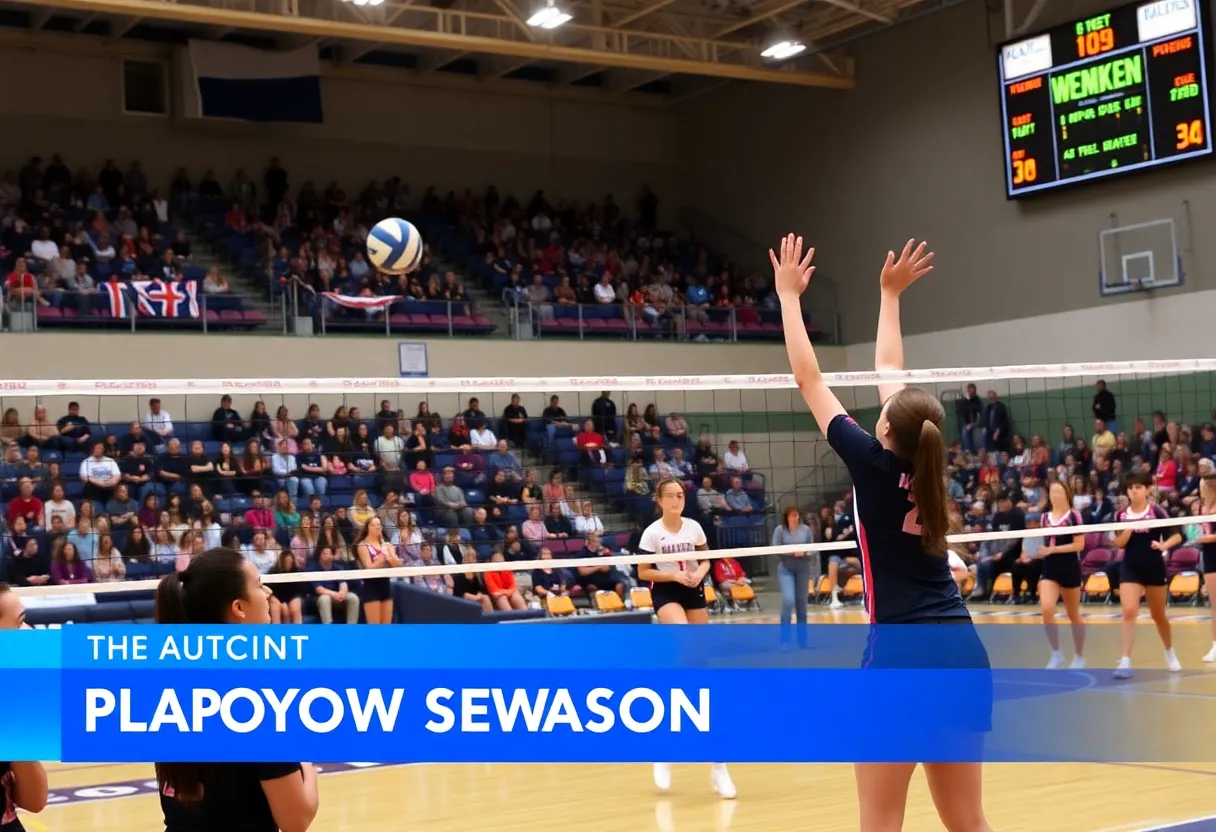News Summary
Nevada is struggling with educational funding challenges, having the highest student-teacher ratio in the U.S. and ranking 47th in spending per student. Despite a $2 billion increase in the 2023 budget, projections show a drop in revenue, raising concerns about sustaining educational resources and teacher compensation. Lawmakers are urged to allocate additional funds to address the deficits and improve educational outcomes as legislative discussions unfold.
LAS VEGAS – Nevada is grappling with significant educational funding challenges, according to a recent national report that highlights the state’s dire budget shortfalls. The state currently holds the highest student-teacher ratio in the country at 25:1, underscoring the strain on its educational resources amidst ongoing financial difficulties.
The report indicates that Nevada ranks among the bottom five states for educational investment, with an allocation of less than $12,000 per student in the last fiscal year. This expenditure places Nevada 47th out of the 50 states and Washington, D.C., with only Arizona, Oklahoma, Utah, and Idaho spending less per pupil. These statistics reflect a broader trend, as the state’s education funding has consistently failed to meet the national average.
Despite a $2 billion increase in education funding for the 2023 biennial budget, challenges remain. The Nevada Economic Forum has projected a decrease of $191 million for the general fund in the next biennium, intensifying concerns regarding the sustainability of educational funding. The Nevada State Education Association has criticized the proposed budget increases for 2026, which amount to only $2 per student, deeming it woefully insufficient in light of rising costs and inflation pressures.
Approximately two-thirds of revenue for Nevada’s public schools comes from state funding, a stark contrast to the national average of 46%. As lawmakers begin drafting the next budget, they anticipate collecting about $160 million less for K-12 education than originally projected. Current forecasts suggest an overall predicted revenue of approximately $8.6 billion for the State Education Fund during the 2025-2027 biennium, a figure influenced significantly by taxes related to room, marijuana, and mining.
In terms of staffing, Nevada has made some progress. This year, the state’s teacher ranks grew by 12%, adding approximately 2,300 new teachers—a rate of growth that is the highest in the nation. The average teacher salary in Nevada also appears competitive at approximately $74,812, surpassing the national average of $74,177. However, despite an increase in salaries over the past two years, from $61,719 to $66,930, district funding has already run dry, leading to concerns about the future of teacher compensation.
Forecasts indicate a forecasted drop of $153 million in education revenue for the current fiscal year, contributing to worries among educational advocates and lawmakers alike. There is a strong possibility that declines in federal funding could exacerbate the financial issues, hindering the overall quality of education. Advocacy groups are urging lawmakers to consider allocating over $600 million in education funding over the next two years to close existing deficits and protect essential programs that serve students.
As the legislative session unfolds, maintaining current funding levels may impair any potential expansions of educational programs, such as proposed reforms for universal pre-K and universal school meals. As discussions move forward, Governor Lombardo has indicated education will be a priority during budget negotiations, although growing revenue shortfalls pose significant challenges.
In light of these issues, some lawmakers might explore potential tax proposals to generate additional revenue for education. However, such measures could run into substantial bipartisan challenges, complicating efforts to enhance funding for Nevada’s educational system further. As the state faces its budgetary hurdles, the focus remains on finding sustainable solutions that ensure better educational outcomes for all students.
Deeper Dive: News & Info About This Topic
HERE Resources
Dr. Cummings Leads Alzheimer’s Research at UNLV
New Superintendent Takes Charge in Las Vegas Education
Jhone Ebert Assumes Role as CCSD Superintendent
Las Vegas Welcomes New Superintendent for Education
Las Vegas Remembers Philanthropist Elaine Wynn
Political Uncertainty in Nevada Amid Education Chief Search
Las Vegas Takes Action Against Urban Heat with Tree Giveaways
Las Vegas Faces Federal Funding Challenges
Las Vegas Addresses Growing Housing Crisis
Las Vegas Set to Transform into Spaceport Hub
Additional Resources
- KTNV: New Education Funding Data for Nevada
- Google Search: Nevada education funding
- The Nevada Independent: Education Funding Questions
- Google Scholar: Nevada education funding
- Las Vegas Sun: Nevada School Funding Report
- Encyclopedia Britannica: Nevada education system
- 2 News: Nevada Education Advocates Calls for More Funding
- Google News: Nevada education advocates
- RGJ: Washoe County School District Education Funding
- Wikipedia: Education in Nevada
Author: STAFF HERE LAS VEGAS WRITER
The LAS VEGAS STAFF WRITER represents the experienced team at HERELasVegas.com, your go-to source for actionable local news and information in Las Vegas, Clark County, and beyond. Specializing in "news you can use," we cover essential topics like product reviews for personal and business needs, local business directories, politics, real estate trends, neighborhood insights, and state news affecting the area—with deep expertise drawn from years of dedicated reporting and strong community input, including local press releases and business updates. We deliver top reporting on high-value events such as Electric Daisy Carnival, World Series of Poker, and Consumer Electronics Show. Our coverage extends to key organizations like the Las Vegas Chamber of Commerce and Three Square Food Bank, plus leading businesses in hospitality and entertainment that power the local economy such as MGM Resorts International, Caesars Entertainment, and Las Vegas Sands. As part of the broader HERE network, we provide comprehensive, credible insights into Nevada's dynamic landscape.



